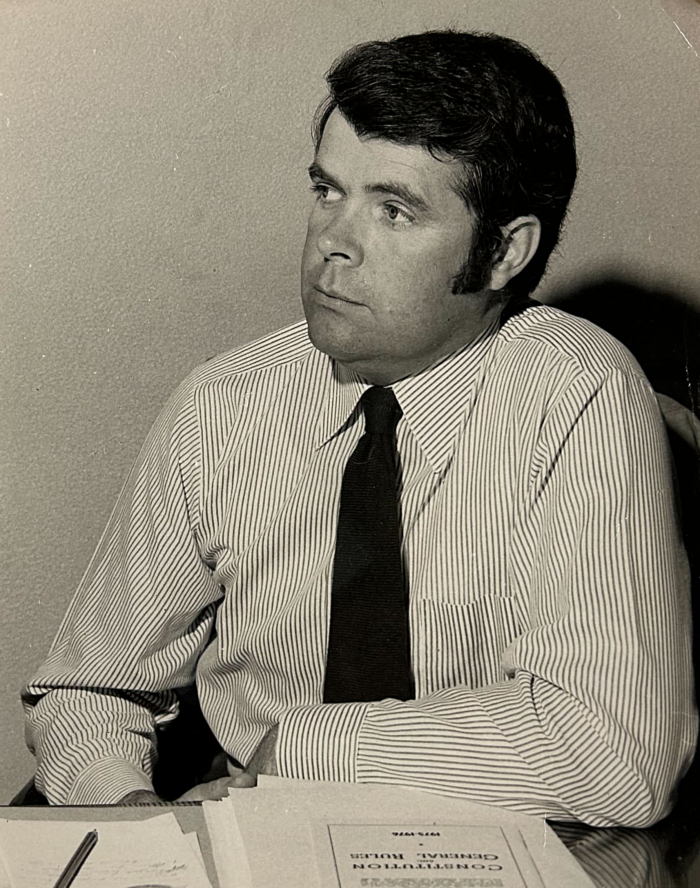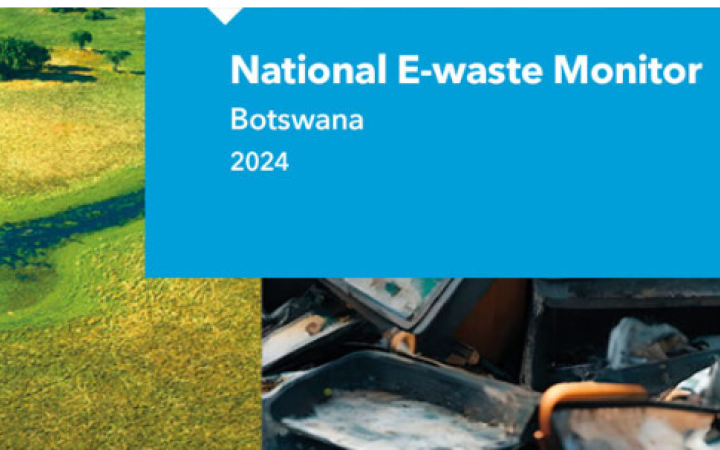Doctors for the Environment Australia, which represents thousands of medics across the nation, are calling for what is known as a “health trigger”, which would require fossil fuel projects that pose a serious risk to the health of Australians to be assessed and approved by the federal health minister before they’re given the green light.
A majority of voters across the political spectrum – including Labor, Coalition and independents – back a requirement that the government take into account evidence from health professionals about the effects of new coal and gas projects. A clear majority want doctors to speak up about the dangers of climate change and fossil fuel developments.
Key points:
The Australia Institute surveyed 1,535 voters about their concerns around the health effects of fossil fuel projects.
- 67% support a requirement that the government consider the health effects of fossil fuel projects, including 33% who strongly support this.
- Support was highest among Green voters (85%) followed by Labor (79%), independent (56%) and Coalition voters (54%).
- Support is highest among younger voters aged 18 to 29 (82%) followed by 30 to 39-year-olds (74%).
- 80% are at least somewhat concerned about the impacts on human health from pollution caused by the extraction, processing, and burning of fossil fuels.
- 63% agree doctors and professional medical organisations should advocate for climate change policies that protect human health.
- Doctors for the Environment Australia says the approval process for a health trigger should be conducted by eminent public health experts and review the latest health impact data in line with emerging research.
The current ad hoc process of health impact assessments is not doing enough to protect human health. They are not compulsory, are not necessarily conducted by health professionals and crucially do not consider the health harms that additional greenhouse gases would cause.
A health trigger would be enabled when:-
The greenhouse gases produced by the project would add to global heating and thereby would have, or would be likely to have, a detrimental health impact on the people of Australia, and/or
The local health impacts the fossil fuel projects will have, or are likely to have, on the health of the local community,
Doctors for the Environment Australia’s Executive Director, Dr Kate Wylie says:
“Doctors have a moral and professional obligation to raise the alarm about major public health threats from coal and gas, and this survey shows that most Australians think so too,” Doctors for the Environment Australia Executive Director and GP, Dr Kate Wylie, said.
“The mining, transporting and burning of fossil fuels pollutes local environments, dirties our air and is the main driver of climate change, which is the greatest public health problem facing humanity.
“We are seeing an alarming escalation of heat waves, fires and smoke, floods, and infectious diseases made worse by global heating, causing terrible physical and mental suffering for Australians and tens of millions of people across the world.
“As doctors, we’re about patient care, and failing to call out the dangers of fossil fuels would be negligent.”
The Australia Institute’s South Australian Director, Noah Schultz-Byard says:
“Our research shows there is strong support in the community for the creation of a ‘health trigger’, which would require the government to consider the health impacts when approving fossil fuel developments.
“Heatwaves are already the deadliest natural disaster in Australia. Increasing the effects of climate change, by continuing to approve new gas and coal development in Australia, will only make extreme natural disasters worse.”

The Australia Institute is a member of the Australian Polling Council. The polling methodology, long disclosure statement and margin of error for polling questions are included in the appendix of the report.







